English Poet Laureate Trivia
Here are some interesting facts and trivia about English Poet Laureates.
John Dryden was the first official Poet Laureate. Charles II appointed him both Poet Laureate and Historiographer Royal in a formal Royal warrant. Charles II was succeeded by his brother James II. Unfortunately for Dryden, James daughter Mary and her husband (as well as cousin), William III, overthrew James. Dryden, who was now a Catholic, was kicked out of the post for refusing to swear allegiance to the Protestant monarch.
Dryden was succeeded by Thomas Shadwell in 1689. Once friends, they were by this time, bitter enemies. Dryden’s disparagements were seemingly confirmed by a later poet laureate, Robert Southey, who called Shadwell the “lowest” of the laureates. Shadwell had one of the shortest posts in poet laureate history. He died suddenly in 1692 at the age of 50, from, it was believed, an accidental overdose of opium, although jokes made the round that he committed suicide after reading an unflattering review.
Nicholas Rowe, 4th official Poet Laureate, also had a very short tenure. He was appointed in 1715, after the death of Nahum Tate, who had succeeded Shadwell. Rowe died in 1718 at the age of 45, although unlike Shadwell, he was both famous and wealthy, “friend to the noble and the great.” Rowe was a good friend of Alexander Pope, who penned these lines upon his death:
“Thy reliques, Rowe, to this fair urn we trust, And sacred, place by Dryden’s awful dust…”
However, the inscription on Rowe’s monument (erected in 1742 by his widow, who remarried) reads: “Thy reliques, Rowe, to this sad Shrine we trust, And near thy Shakespear place thy honour’d Bust…” The Shakespeare monument was installed in 1740.
At 73, William Wordsworth was the oldest poet to accept the appointment. After his death, the post was offered to 84-year-old Samuel Roger. When he declined, Queen Victoria chose Tennyson to succeed Wordsworth.
After Tennyson’s death, the post remained vacant for three years. He was a hard act to follow.
The Poet Laureate’s original salary was £200 per year plus a “tierce” of canary. A tierce was a wine casket measurement, holding about 159 litres. Canary is a type of wine, sometimes called sack. 20th century Poet Laureate Sir John Betjeman (appointed in 1972) brought back the tradition.
Andrew Motion, Poet Laureate from 1999 to 2009, launched the First Royal Poetry Competition upon Queen Elizabeth’s Golden Jubilee in 2002, inviting schoolchildren across the United Kingdom to submit their best verses in honor of the Queen. He also founded the Poetry Archive online, a a repository of poems and audio recordings of poets reading their own work.
English Poet Laureates by Century
(overlaps filed by century w/most years)
17th Century
1668-1689 John Dryden
1689-1692 Thomas Shadwell
18th Century
1692-1715 Nahum Tate
1715-1718 Nicholas Rowe
1718-1730 Laurence Eusden
1730-1757 Colley Cibber
1757-1785 William Whitehead
1785-1790 Thomas Warton
19th Century
1790-1813 Henry James Pye
1813-1843 Robert Southey
1843-1850 William Wordsworth
1850-1892 Alfred Lord Tennyson
20th Century
1896-1913 Alfred Austin
1913-1930 Robert Bridges
1930-1967 John Masefield
1968-1972 Cecil Day-Lewis
1972-1984 Sir John Betjeman
1984-1998 Ted Hughes
21st Century
1999-2009 Andrew Motion
2009-present Carol Ann Duffy
We may earn a small commission from qualifying purchases made from Amazon.com links at no cost to our visitors. Learn more: Affiliate Disclosure.


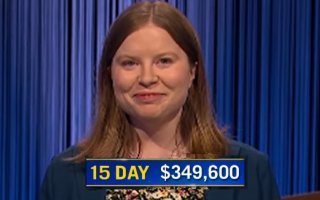
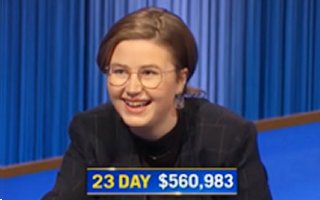
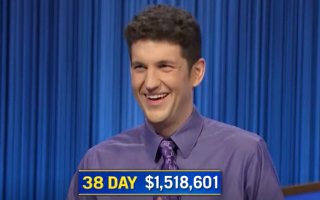
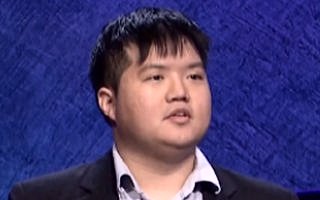
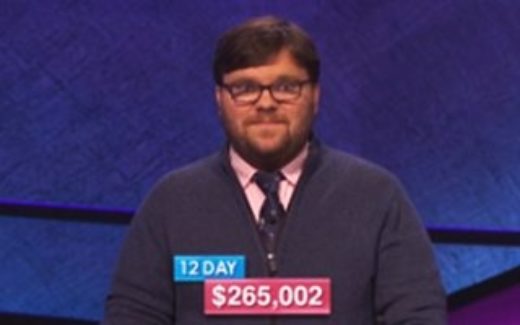
Recent Comments